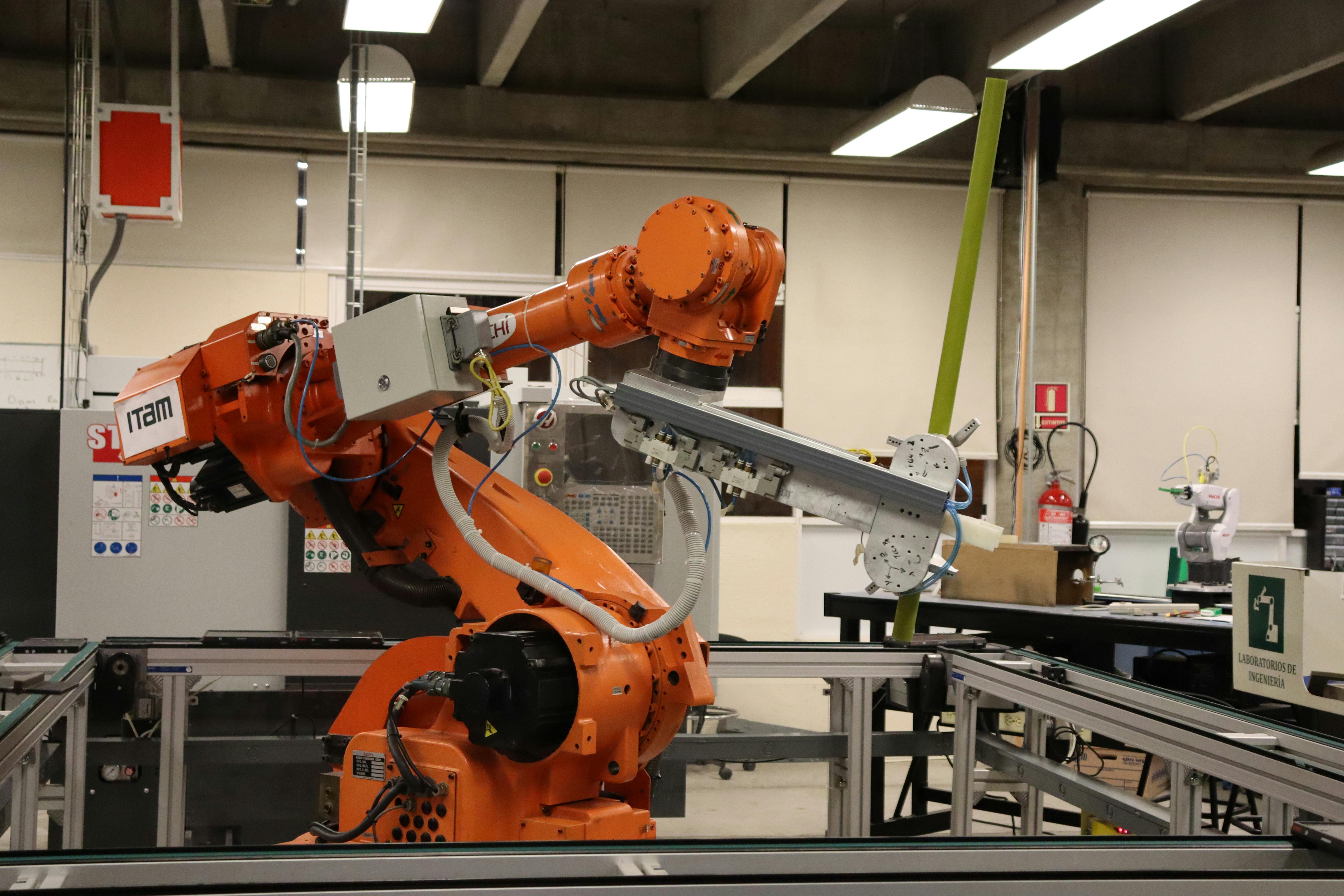Manufacturing Jobs: Career Paths and Skills for the UK and Beyond
The manufacturing sector covers a wide range of roles, from hands-on production to engineering, quality control, logistics and management. This article explains how manufacturing jobs are structured, what skills employers typically seek, and practical ways to pursue a career in manufacturing both in the UK and internationally. It does not list specific active job openings; instead it offers guidance on training options, typical roles, and strategies to identify opportunities through local services and industry channels.

What does manufacturing involve?
Manufacturing refers to the processes and systems that convert raw materials into finished goods. Work can include machine operation, assembly, maintenance, process control, planning, and inspection. Day-to-day tasks vary by sector — automotive, food, electronics, pharmaceuticals and other sub-sectors each have different safety standards, tolerances and regulatory requirements. Many jobs require adherence to health and safety procedures and often involve shift patterns. Understanding the specific manufacturing environment you want to work in helps you match training and experience to employer expectations.
How to start a manufacturing career?
Starting a manufacturing career typically involves a combination of practical training, certifications, and on-the-job experience. Apprenticeships and vocational qualifications are common entry routes, offering hands-on training alongside classroom learning. Short courses in health and safety, forklift operation, and basic machining or PLC (programmable logic controller) fundamentals can improve employability. For those transitioning from other sectors, transferable skills such as teamwork, problem solving and familiarity with digital tools are valuable. When looking for pathways, check local services, training providers and employer-sponsored schemes rather than expecting immediate job listings here.
Which roles exist in the UK manufacturing industry?
The UK manufacturing industry includes roles ranging from operatives and technicians to engineers, planners and managers. Typical positions include production operator, quality inspector, maintenance technician, process engineer and supply chain coordinator. Salaries and progression vary by role, region and skill level; manufacturing hubs in the UK may offer more technical positions while smaller plants focus on production roles. Many employers value formal qualifications plus demonstrable practical experience, so combining classroom learning with placement or apprenticeship experience is often the most effective route.
What skills do modern factories require?
Modern factories increasingly require digital literacy alongside traditional technical skills. Operators may use CNC machines, automation systems and basic data-logging tools; engineers often work with CAD, PLCs and condition monitoring systems. Soft skills — communication, adherence to safety standards, problem-solving and continuous improvement mindset — are also important. Employers also look for adaptability and willingness to learn new technologies as factories adopt Industry 4.0 practices such as robotics and IoT-based monitoring. Practical certifications in areas like electrical safety, welding or quality management can make candidates stand out.
How to find training and local services for industry roles?
Search for accredited apprenticeships, vocational colleges, and training centres that specialise in manufacturing and engineering. Local services, such as job centres, community colleges and industry training providers, can guide entry-level candidates and experienced workers seeking upskilling. Professional bodies and trade associations offer resources, recognized certifications and networking opportunities. Online learning platforms provide introductory modules, but hands-on practice is essential for many roles; look for blended programs that combine practical placement with classroom study. When researching opportunities, confirm that any program or provider is accredited and aligns with the specific skills required in your target sector.
Conclusion
Manufacturing careers encompass a broad spectrum of roles across production, engineering, quality and logistics. Building a career in this field relies on matching practical training and certifications to the specific requirements of your chosen sector, while developing both technical and interpersonal skills. Use local services and accredited training providers to identify legitimate pathways, and remember that this article offers guidance rather than active job listings or guarantees of employment.






